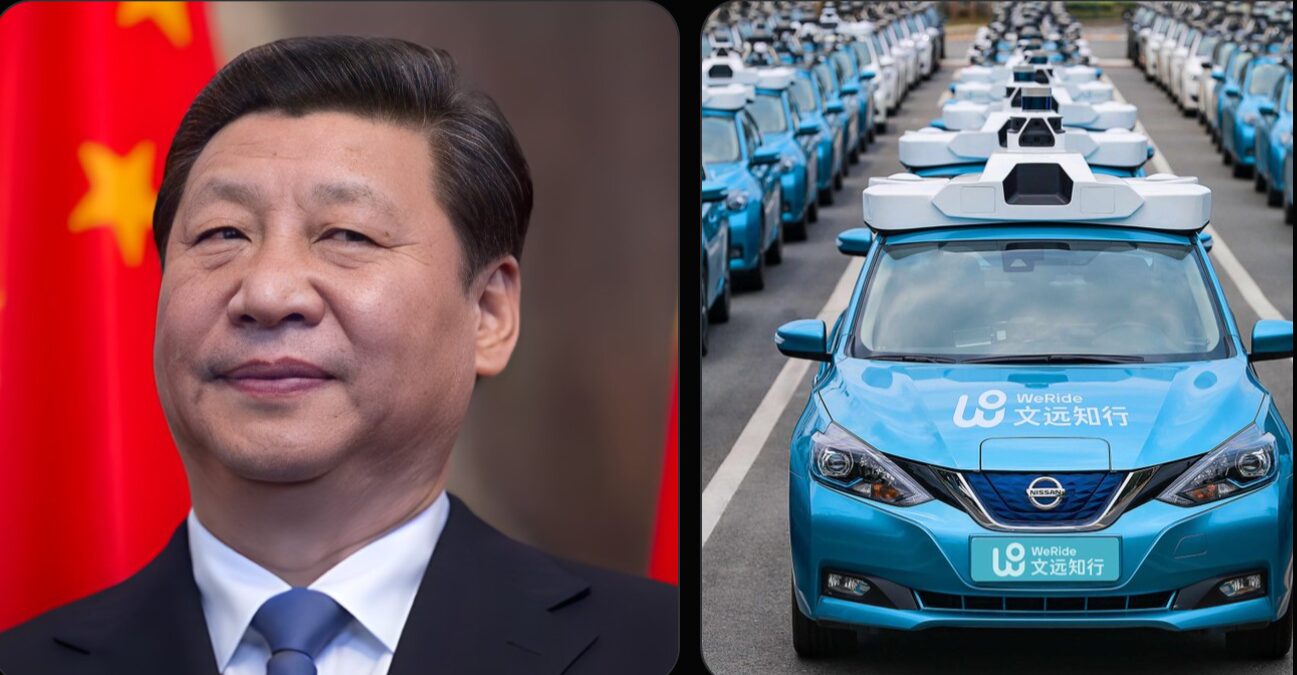PRESIDENT TRUMP floats idea to ABOLISH INCOME TAXES in the United States
In a bold and unexpected proposal, former President Donald Trump has suggested the idea of abolishing income taxes in the United States. The suggestion has created waves of debate across the political spectrum, as it raises fundamental questions about tax policy, government funding, and the future of the American economy. Trump’s idea, which would fundamentally reshape the U.S. tax system, has ignited conversations about the practicality of such a move and its potential impact on the country’s financial landscape.
Background on trump’s tax proposals
Donald Trump’s relationship with tax policy has been a central theme throughout his political career. As a businessman turned president, Trump often voiced dissatisfaction with the U.S. tax code, which he considered overly complicated and burdensome. During his presidency, he pushed for significant tax cuts, particularly for corporations and wealthy individuals, with the Tax Cuts and Jobs Act of 2017 being one of his most notable achievements in this area.
Trump’s latest suggestion to abolish income taxes is a continuation of his critique of the tax system, but it is also an unprecedented and radical proposal that has caught the attention of both his supporters and critics alike. The idea of eliminating income taxes entirely would have far-reaching consequences, not only for individual taxpayers but for the structure of the U.S. government itself.
The implications of abolishing income taxes
Abolishing income taxes would represent a massive shift in how the U.S. government collects revenue. Currently, income taxes are the primary source of funding for federal government operations, from defense spending and healthcare to social security and infrastructure projects. Without income taxes, the government would need to find alternative methods of raising revenue to meet these obligations.
One possibility that has been floated in response to this proposal is the implementation of a national sales tax or a value-added tax (VAT). These consumption-based taxes would shift the burden of government funding away from individual incomes and place it more on consumer spending. While this would simplify the tax code, it could also result in higher taxes on goods and services, potentially increasing costs for everyday Americans.
Another option is to increase corporate taxes or implement new forms of taxation that would make up for the loss of income tax revenue. However, critics argue that these alternatives may not generate enough revenue to cover the government’s expenses, potentially leading to budget shortfalls and cuts to important public services.
Potential benefits of abolishing income taxes
Proponents of Trump’s idea argue that abolishing income taxes could lead to several potential benefits. First and foremost, it would reduce the financial burden on individuals and families. With no federal income tax, taxpayers would see more of their earnings in their paychecks, which could improve disposable income and stimulate consumer spending. This could, in turn, drive economic growth and job creation, particularly in industries that rely on consumer demand.
Another benefit that supporters point to is the simplification of the tax system. The current U.S. tax code is notoriously complex, and many taxpayers find it difficult to navigate. By eliminating income taxes, the government would effectively remove a major layer of bureaucracy and reduce the burden of tax preparation on individuals and businesses. Taxpayers would no longer have to spend time and money filing income tax returns, which could be particularly beneficial for small businesses.
Additionally, proponents argue that abolishing income taxes would reduce government waste and inefficiency. With a smaller, more streamlined tax system, there may be fewer opportunities for fraud, waste, and abuse, ultimately making the government more efficient and accountable.
Potential challenges and criticisms
While the idea of abolishing income taxes may be appealing to some, it has its fair share of critics who argue that the proposal is impractical and would have serious negative consequences. One of the primary concerns is how the government would replace the revenue generated by income taxes. The U.S. government relies heavily on income tax revenue to fund essential programs such as Social Security, Medicare, and national defense. Without income taxes, these programs could face significant cuts or rely on reduced funding, which could disproportionately affect vulnerable populations.
Additionally, abolishing income taxes could lead to greater income inequality. The wealthiest Americans, who currently pay the highest percentage of income taxes, would stand to benefit the most from this proposal. On the other hand, lower-income individuals and families who rely on government assistance programs could see their benefits reduced or eliminated entirely, as the government would have fewer resources to fund such initiatives.
Furthermore, critics argue that shifting to a consumption-based tax system, such as a national sales tax, could disproportionately affect lower-income individuals, who spend a higher percentage of their income on everyday goods and services. A sales tax would essentially impose a higher financial burden on these individuals, further exacerbating wealth inequality.
There is also the practical matter of how to transition from the current tax system to a system without income taxes. The logistics of phasing out income taxes and implementing alternative revenue sources would likely be complex and could create economic instability in the short term. This transition could disrupt markets, businesses, and individuals as they adjust to new tax policies and financial realities.
The political landscape and public reaction
Trump’s proposal to abolish income taxes is bound to be a highly polarizing issue, with supporters praising the idea as a bold step toward freeing Americans from government overreach, while opponents argue that it is an unrealistic and dangerous proposition.
The idea is likely to be met with resistance from many lawmakers, particularly those in the Democratic Party, who argue that such a drastic shift would harm critical social programs and increase inequality. On the other hand, many conservatives and libertarians may support Trump’s proposal, viewing it as a way to reduce government intervention and promote personal freedom.
Public opinion on the matter is also likely to be divided. While some Americans may see the abolition of income taxes as a way to keep more of their hard-earned money, others may fear the long-term consequences of such a drastic policy change. The debate is likely to intensify as Trump continues to float the idea in the lead-up to the 2024 presidential election, with tax policy becoming a key issue in the campaign.
Final thoughts
The proposal to abolish income taxes in the United States is an ambitious and controversial idea that could reshape the nation’s tax system in profound ways. While it has potential benefits, such as reducing financial burdens on individuals and simplifying the tax process, it also poses significant challenges, particularly in terms of government funding and income inequality. As the debate over this proposal unfolds, it will be crucial to consider the long-term consequences of such a sweeping change and how it might impact different segments of society.
For now, Trump’s idea serves as a reminder of the ongoing debate over tax policy and the role of government in the American economy. As discussions continue, it’s clear that the future of the U.S. tax system will be a key issue in the years to come.

















Post Comment